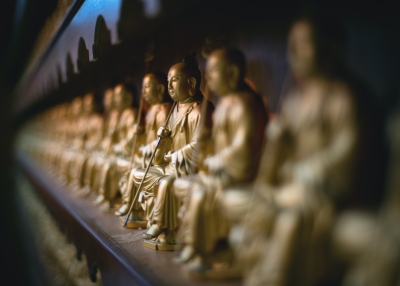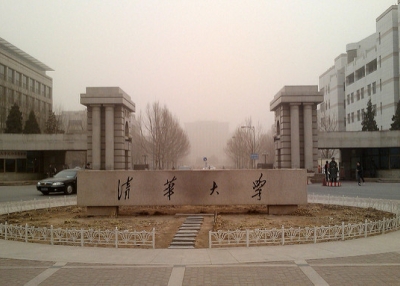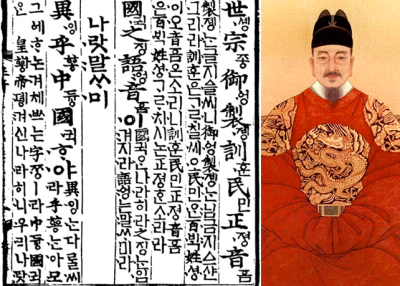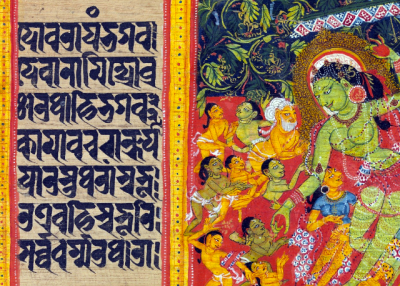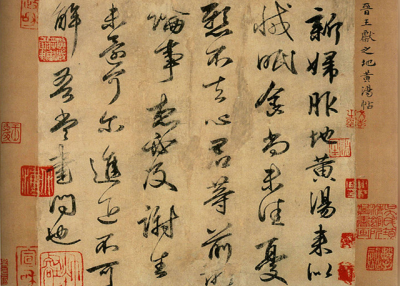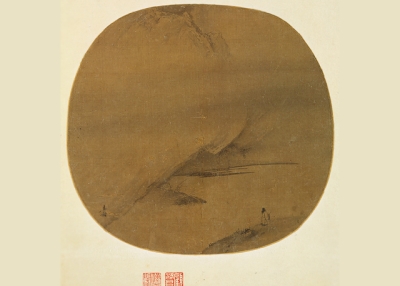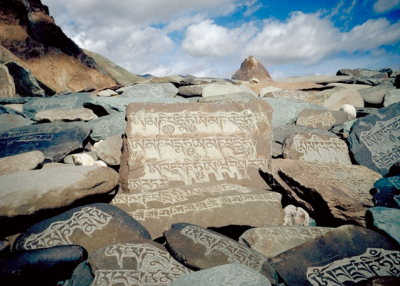Confucius
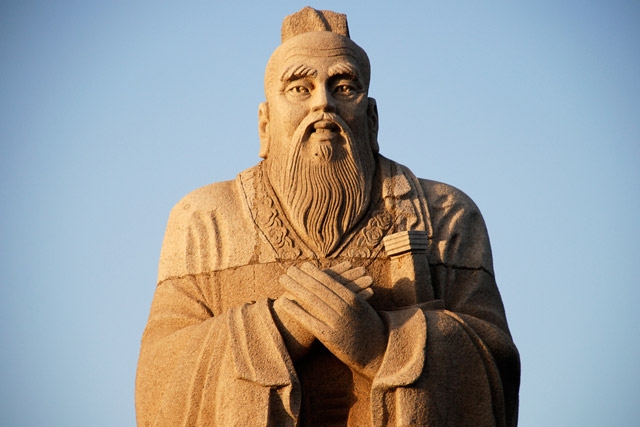
This is part of a series that examines Chinese belief systems: how people think and behave, philosophically and religiously. In understanding Chinese belief systems, it is important not to take terms at face value; the word "religion" (zongjiao), for example, did not exist in the Chinese lexicon until the 19th century. Appreciating the complexity of Chinese belief systesm is crucial to understanding the forces that helped shape China.
Confucius (Kongzi, or “Master Kong,” ca. 551–479 BCE)
Confucius lived in China during the latter half of the Zhou dynasty (eleventh century–256 BCE). As a philosopher and teacher, Master Kong influences far more people today through classic writings, such as the Analects (Lunyu), than he did during his lifetime. He created a philosophy that later became a major influence in the organization of Imperial Age China and was adopted and modified in other countries such as Korea, Japan, and Vietnam.
Confucius emphasized principles for self-guidance. The key to producing a harmonious life, he wrote, is in how we treat others–our ancestors, leaders, parents, spouses, neighbors, and friends. The foundation for harmonious relationships is found in the principles of ren (benevolence), li (ritual/ceremony, often rendered as propriety/politeness), shu (reciprocity–“Do unto others . . .”), and xiao (filial piety–showing respect for one’s elders).
Two other concepts that were predominant in Confucius’s worldview were Tian (Heaven) and Dao (Way). His heaven represented a celestial power connected with the will of mighty ancestors, such as the widely known Yao, Shun, and Yü. The Way, on the other hand, constituted a natural path for humanity. Whereas Heaven emphasized choice, the Way required a yielding heart-mind (xin); both were crucial for achieving harmony in the earthly realm.
Copyright 2000. Author: Geoff Foy.
